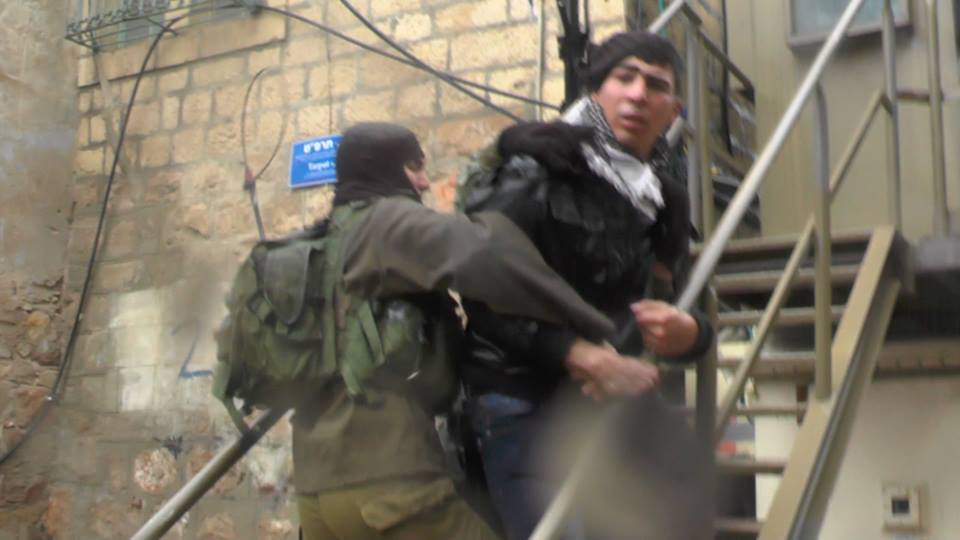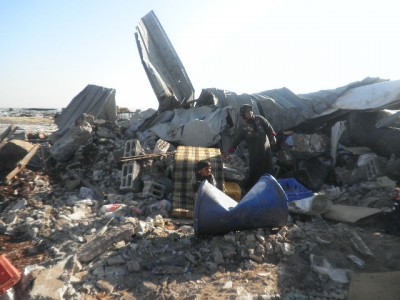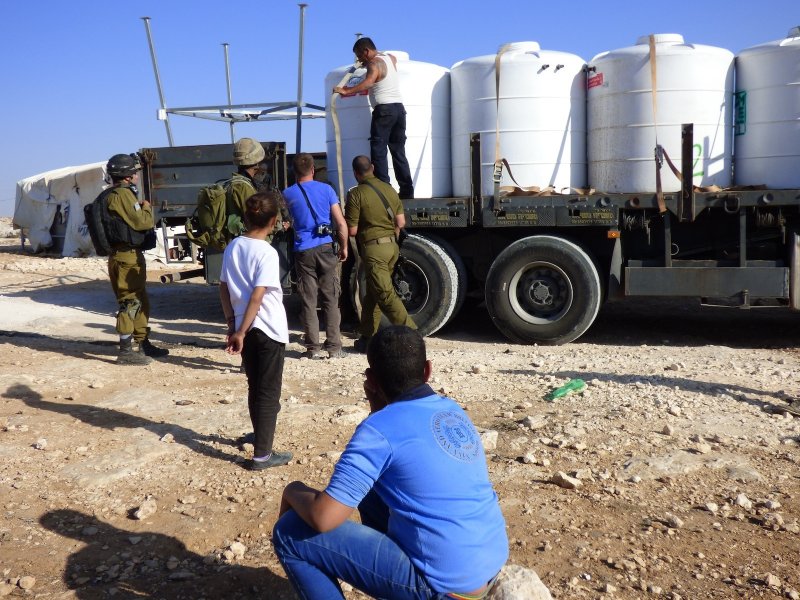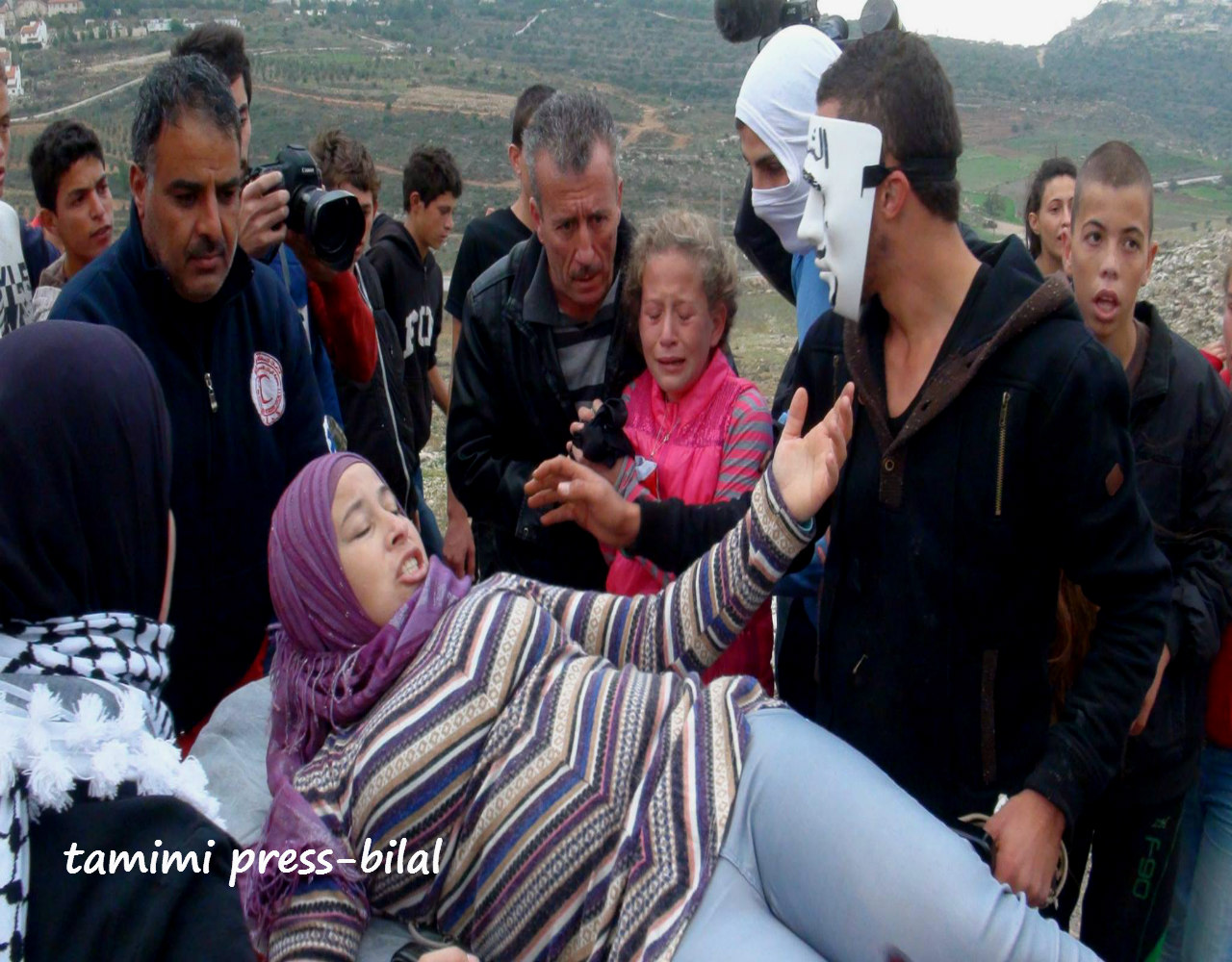Category: Reports
-

20-year-old Palestinian activist violently detained and arrested at Hebron checkpoint
28th November 2014 | International Solidarity Movement, Khalil team | Hebron, Occupied Palestine Israeli forces violently detained and arrested twenty-year-old Palestinian activist Imad Altrash at approximately two o’clock yesterday in al-Khalil (Hebron). Soldiers accused him of insulting and yelling at them at Shuhada checkpoint. No soldiers claimed that Imad threatened them or behaved violently. On…
-

Home demolition orders issued in Qalqilya
24th November 2014 | International Solidarity Movement, Nablus Team | Hajja, Occupied Palestine On Monday November 17th, the Israeli occupation army invaded the village of Hajja, in the Qalqilya district and issued five home demolition orders. The village of Hajja includes land that is officially considered Area C, as well as Area B, but the village…
-

Israeli military beat and detain young men in Hebron
23rd November 2014 | International Solidarity Movement, Khalil | Hebron, Occupied Palestine Yesterday evening Israeli forces beat and detained young Palestinians on Tel Rumeida hill in al-Khalil (Hebron). A twenty-two-year-old man was taken from the scene by an ambulance. Four others between the ages of eighteen and twenty-four were handcuffed and detained in a military…
-
Israeli forces seize a tractor, its truck, four water tanks, and three bases from Susiya village
22nd November 2014 | Operation Dove | Susiya, Occupied Palestine On November 20th, the Israeli forces seized a tractor, its truck, four water tanks and three tanks’ bases from the Palestinian village of Susiya. In the early morning DCO [District Coordination Office] officers approached the Palestinian village to take pictures of the ongoing works to install…
-
Three shot with live ammunition during Nabi Saleh protest
22nd November 2014 | International Solidarity Movement, Ramallah team | Nabi Saleh, Occupied Palestine Israeli forces shot and injured three Palestinians participating in a weekly Friday demonstration in the village of Nabi Saleh. Soldiers fired .22 caliber bullets, a form of live ammunition which has maimed and killed multiple Palestinians, even as Israel continues to claim it as a…


